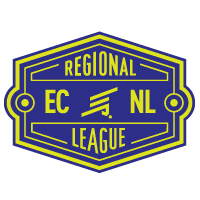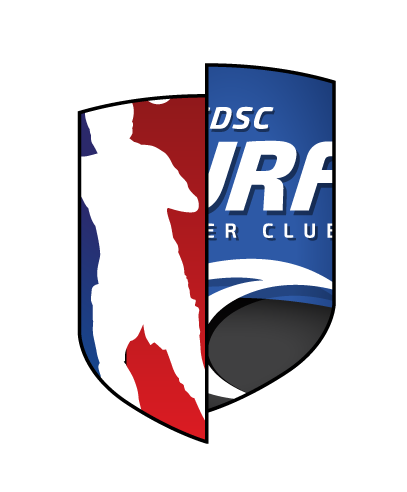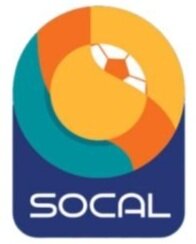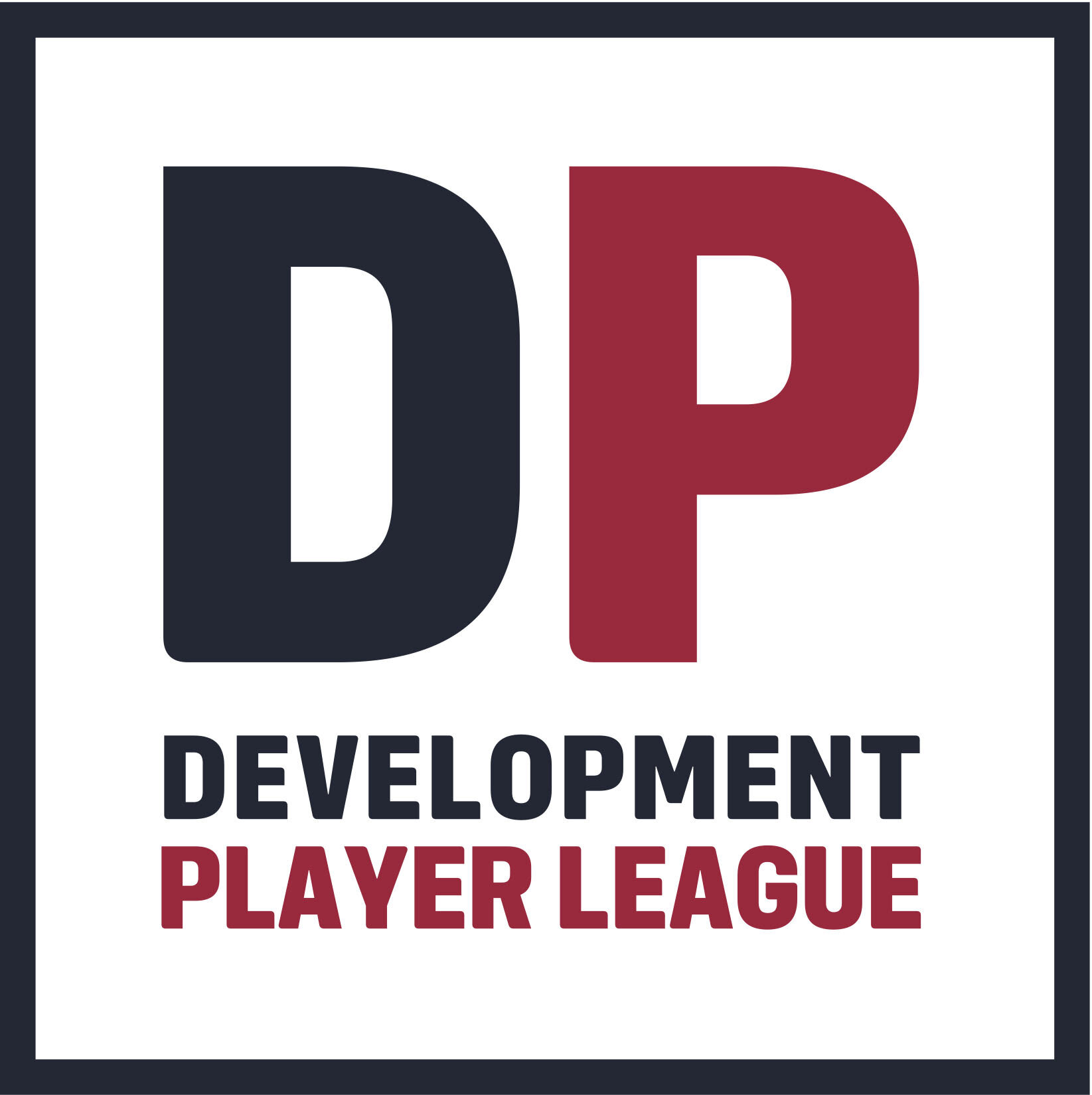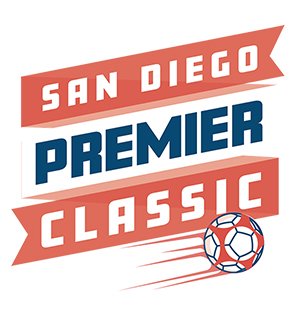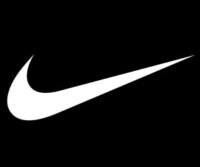Coaches Blog: Coach Napier (Part 3)
/You can read Part 1 here and Part 2 here.
PART 3 (The Full Time Professional Player)
This part was the longest stretch in my professional soccer career, starting when I signed my first contract as an apprentice in 1961 and my moving to living life in America in 1979, so we will break this into two part.
[PHOTO] One aspect of the game that people may not be familiar with is the substitution rule. Back when I started my career playing professional, there were (NO) subs, zero, if someone got hurt, you played short a player, if the goalie got hurt and had to go off, he was replaced by a field player and you still played short with 10 players. I was involved in the game with the first substitution in English (a history-making moment) and that was on 21st August 1965 Bolton was at home to Charlton, and it was 3:12 pm on a Saturday afternoon at Burnden Park, I have enclosed the picture. The sub always wore number 12 as there was only one sub for many, many years.
Signing a professional contract was every young player's dream. In July of 1963, two months before my 17th birthday I signed a contract to become a full-time professional soccer player. My first contract was non-negotiable. The club decided what they would pay the new players and we had to accept what was offered. I was paid 25 English Pounds a week, which at the time was equivalent to about $100 a week. Our contracts had bonus clauses in them that paid us additional money for things such as: $20 for appearing with the first team in a match, $8 for a win, $4 for a draw, and $2 for every 1000 fans over 3000 at a home match. So, a total weekly wage when appearing with the first team with all other incentives met would bring in about $672 a month. Though that doesn’t seem like much, especially by today’s standards, for a 17 year old in the early 1960’s it was a good wage.
Becoming a professional player did not change much in terms of what I did every day. I still trained as hard as ever and I was getting physically and mentally stronger. Being a player on a pro contract now meant that I no longer had to mow the grass at Burnden stadium or clean up the training clothes of the other players.
At 17, life was good! I bought my very first car, a small white mini minor car. The car was pretty small and I was pretty tall, so it wasn’t a great choice, but it was mine and I loved that little car! I no longer had to travel by bus or get a car ride from other players. Even to this day, I know the license plate number like it was yesterday, BCX363B.
That first year, time seemed to fly. I was a regular on the reserve team lineup at 17. I was loving the experience of playing against really good players from other famous teams. Our reserve league consisted of teams you all know; Manchester United, Liverpool, Everton, Manchester City, Newcastle, Sunderland, Burnley, Leeds, and many more. I was also playing regularly for the Northern Ireland (NI) National U19 team. This gave me the opportunity to play in two European Championships, one in Holland and the other in England. In England, we made it to the championship match in the famed Wembley Stadium in London. Although we lost the final to a very strong England team, 4-0, it was a fantastic experience. In the match, I did score a goal; however, it was an own goal against my good friend Pat Jennings. So, I can say I scored a goal at Wembley, BUT in the wrong goal. So, kids, it happens and we move on. It would not be the last own goal of my career.
I finally made my first team debut for Bolton in April of 1965. I got my chance when the regular center full back, Brian Edwards (a legend in Bolton) had an injury. I was only 18 and the club had placed a lot of responsibility on my shoulders. This is where your mental side takes over, you must be strong and confident. We played against Cardiff City and won 1-0 at home. What a feeling! It was incredible to walk out in front of our home fans. I was nervous even though I had played some big games in the NI youth tournaments. This was the ultimate feeling. I played well in the match and got good reviews and fan support. After my debut, I became a regular on the first team. I was still young and still learning every day. I kept calm and did not get carried away with the attention. Being a first team regular has many perks. Besides a bigger pay packet, we always traveled first class, stayed at the best hotels, and were invited to many functions.
This was also the time I played for the NI National U23 team and got a full International cap against West Germany in 1966 at the age of 19. That was one of the highlights of my career, as my whole family was able to watch me play at Windsor Park in Belfast. What a dream! It was amazing to think that only five years ago I had left the Irish shores to follow my dream of playing professional soccer. We lost 2-0 that day and I marked the great Uwe Seeler, the German captain and legend. Also, Franz Beckenbauer, who became a German legend, was in the lineup.
Also in 1966 I was voted the Bolton Player of the Year. We had so many great players on our team: Goalie Eddie Hopkinson, Francis Lee, and Freddy Hill, were all English Internationals, and Wyn Davies was a Welsh International. So winning Player of the Year among that crew was quite an accomplishment.
During the next few years, there were a number of changes in my career. After making 74 first team appearances for Bolton I had a couple of injuries that cost me my place to John Hulme, another of our home-bred players. Bolton was now in the second division, and players were moving to other clubs. We lost Francis Lee to Manchester City, Wyn Davies, the great Welsh forward, was transferred to Newcastle United. Dave Hatton went to Blackpool. Brighton came in to try to sign me and I was not keen at first as they were in a lower division back then. But I had heard from other players what a great club they were to play for and had a large home fan attendance. Brighton is on the south coast of England and a long way from Bolton but it was a seaside town and a really nice place to live. I was now 21 and not sure this was going to be a good career move. I decided to travel to Brighton and check out the club and the city. I was really impressed, and it helped me with my decision. Brighton had offered the equivalent of $80,000 to buy me from Bolton. However, I spoke with management at Bolton and they said they would not sell me for less than $100,000. Brighton finally met Bolton’s demands and offered to purchase me for $100,000. Back then that was a record transfer fee between a 2nd division and a 3rd division club. Financially I made out rather well. I received a good signing bonus from Brighton and reluctantly Bolton had also given me a bonus as they were really hoping to keep me. My wages had almost doubled and Brighton was first class all the way.
My Brighton days were good, I enjoyed playing for them and enjoyed living on the south coast. I settled in well and was an automatic choice every week at central defender. I formed a great partnership alongside a player named Norman Gall. We worked well together. By this time I had married and my daughter, who will be 50 this July, was born in Brighton. Over the next few years at the club, I was to play again for the NI U23 National team. I was also chosen a few times for the National team, but it always seemed to clash with a club game and the club would not release me to go play. The club always has the option to not let a player go when called for National Team duty due to other club commitments. One time I was called up for a game against Israel in Tel Aviv, Israel. We were on our way to the London airport when we got the news that the game was called off because of a war that just started in Israel with Syria. Another time there was also a mid-week game against Scotland at Hampton Park, but again the club was the priority and I could not go.
I was settled in at the club and we always had large crowds of 30,000 plus for every home game. I was now the club captain and had been awarded the team Player of the Year in 1969. Life was good. I bought my first house on Shoreham Beach just south of Brighton. We also had some really good players at the club over the years: Nobby Lawton and Alex Dawson, both played in the FA Cup final with Preston. Willie Bell from Leeds, Barry Bridges from Chelsea, Willie Irvine a fellow Irishman from Burnley were all teammates. After almost 6 years at Brighton, I had played in 244 first team games. I really liked the city. I had a good rapport with the fans and the press. Brighton was always first class. They treated their players well with first class travel and accommodations. They even took the players and their families abroad for team vacations. I am glad they are in the Premier league now; the city deserves it. One of my favorites places of all time.
From Brighton, I moved back up to Northern England, to the city of Bradford. They were a lower-level club, but it was a large city in the county of Yorkshire not too far from Leeds and Sheffield. The reason I moved was that their manager Bryan Edwards was a friend from my Bolton days. I had replaced him in the team at Bolton many years previously and he liked how I played. This was the first manager position for Bryan, and he wanted players that he felt could help him succeed. I did not come free, he had to pay $40,000 to Brighton for me and had to match my salary and other costs. It certainly was a building program, but we had some good seasoned players on the staff. Welsh International Trevor Hockey joined us from Birmingham, Gerry Ingram came from Blackpool, Alan Gilliver from Huddersfield were just a few of the players brought in. So, we had a lot of experience, but the lower leagues are very tough, and every game is a battle. Our home stadium was called Valley Parade, the maximum capacity back then would have been around 25,000 fans, we had good loyal fans and the support was always positive.
My family moved to Huddersfield about 10 miles from Bradford. My son David was born there and he will turn 47 this July. The years at Bradford were interesting, I was the club captain again and had been selected as the Player of the Year again. I was continually active in going to supporters’ functions and represented the club wherever needed in the community. We had a very close-knit group of players, one of the best of all the teams I had been on. We hung out together more than some of the other clubs I had been to. A lot of times players will come into train, then shower and go their own way. With this group though we would go to lunch, go play snooker (pool), or go to other players' homes for socializing.
This is also the time when I was taking youth coaching more serious. I had gotten a coaching license whilst at Brighton and helped out with their youth teams. Even though I was still playing at Bradford I made a point of going to watch local youth games, and took over training Bradford youth teams in evening sessions. I really enjoyed it and wanted to give back to the game through coaching.
Injuries were always a concern as they had the potential to shorten or even end your career. I saw this happen to many players on my many travels. It was important to keep in shape and take care of our bodies. The lifespan of a soccer player is short. I was fortunate in that area as many of my injuries were nagging ones such as hamstring strains, muscle issues, or ligament sprains. I can only remember one ankle fracture that held me out for any length of time. Soccer is very similar to many job positions, there are good days and bad days. We trained almost every morning and sometimes afternoons, but it was a job, we had to turn up and be ready to train or play no matter what.
Stay tuned for the next installment in a few weeks.
Coach John Napier















